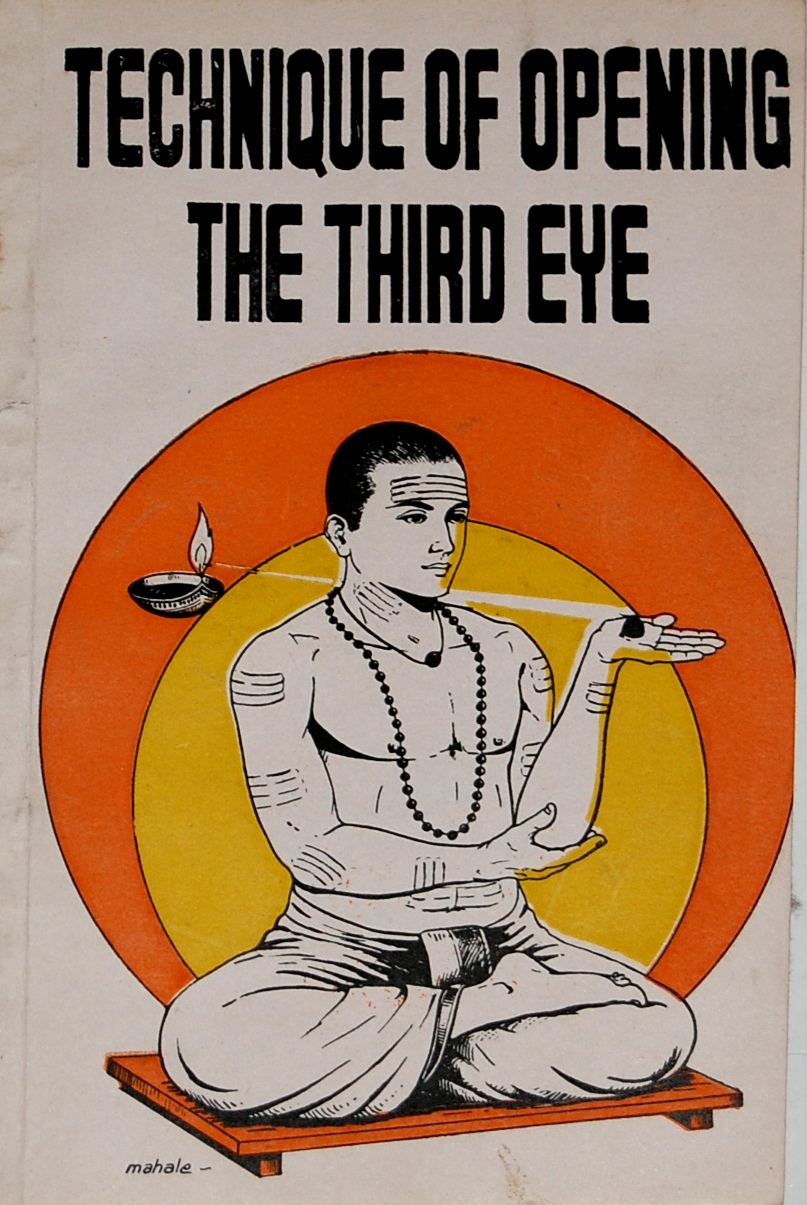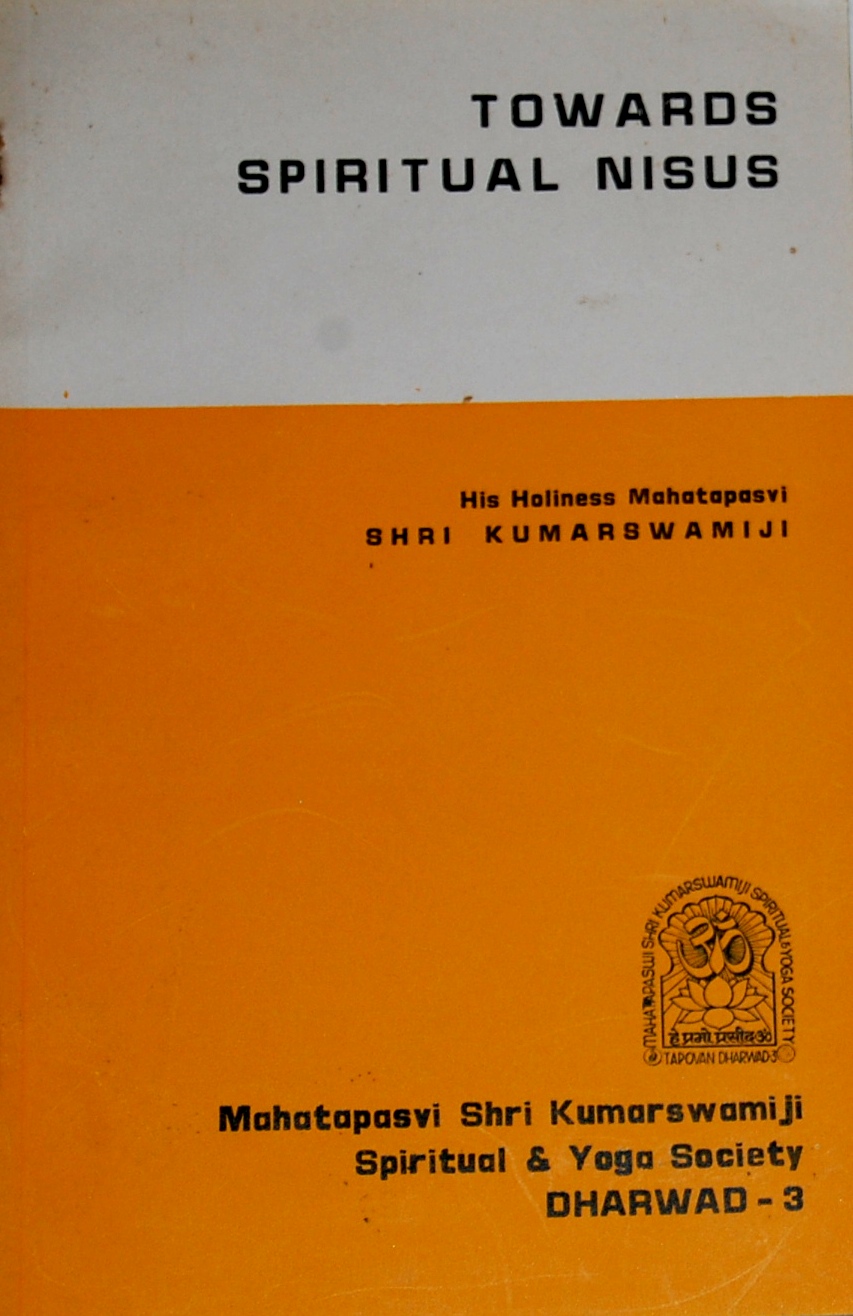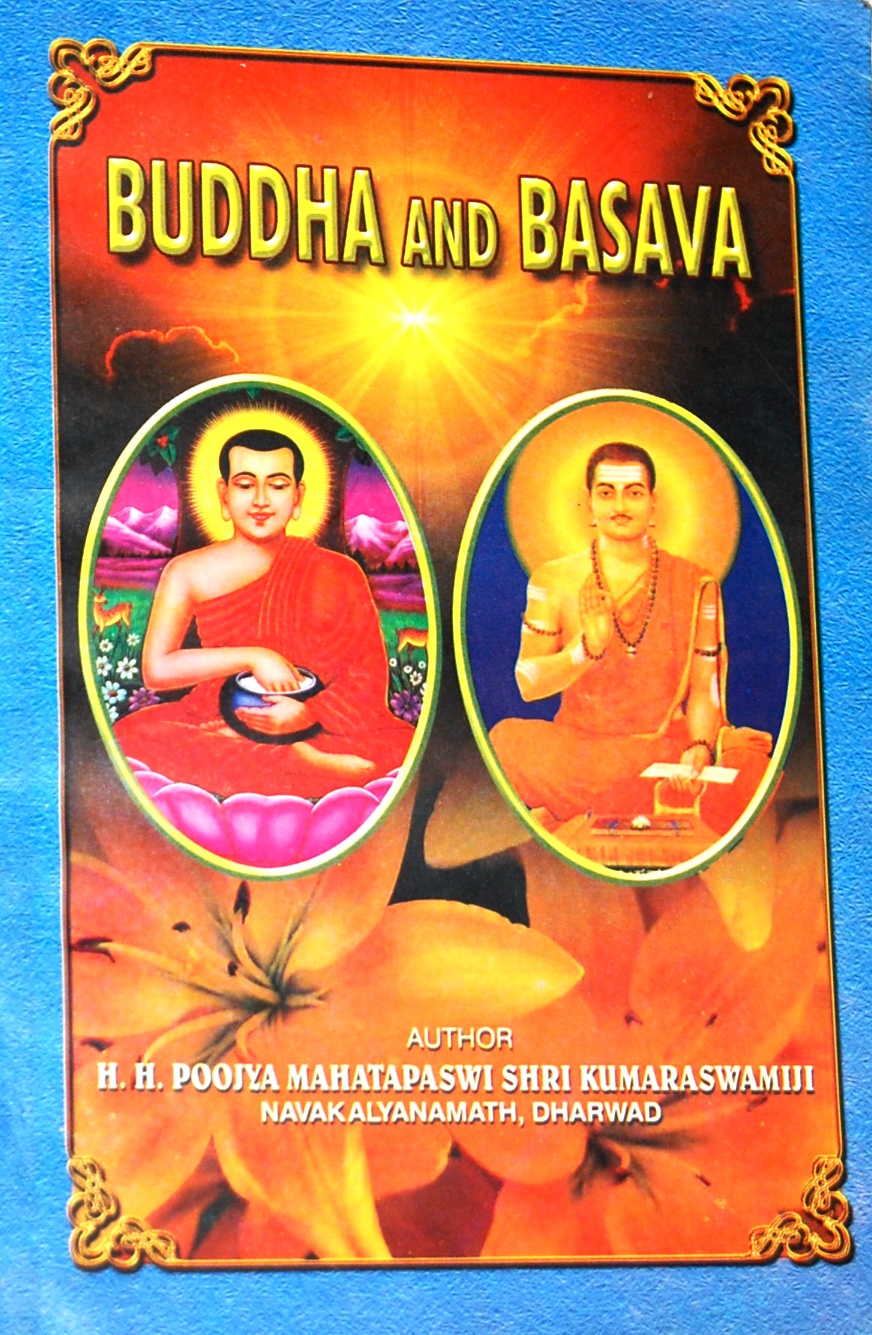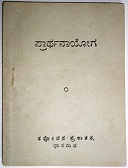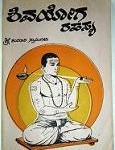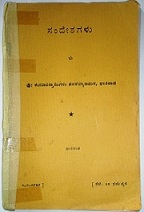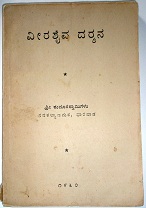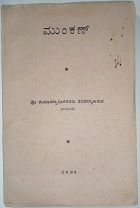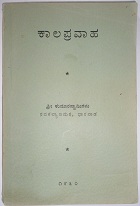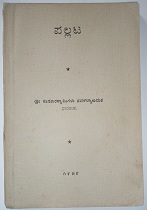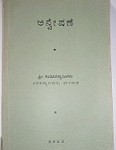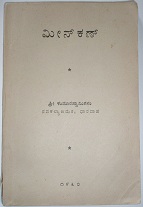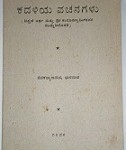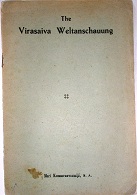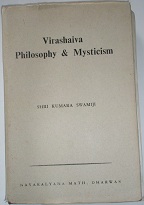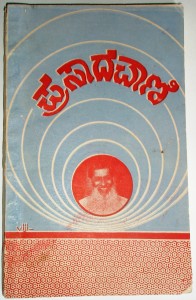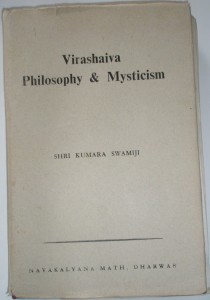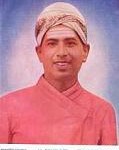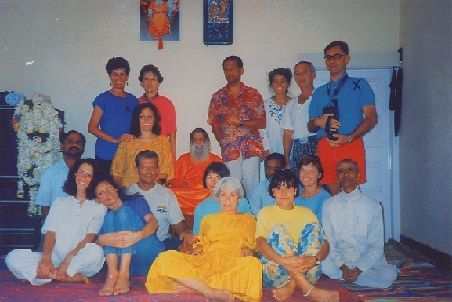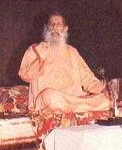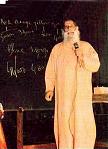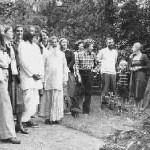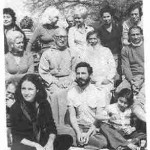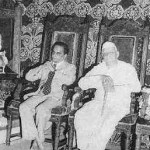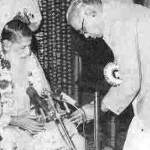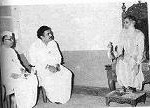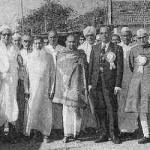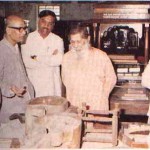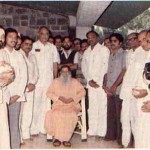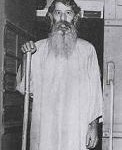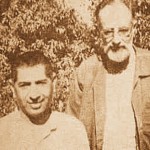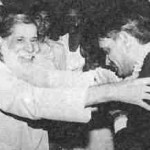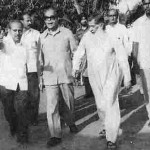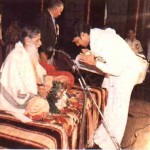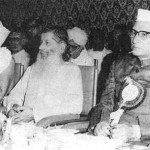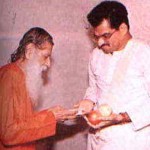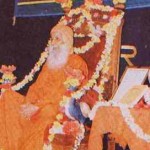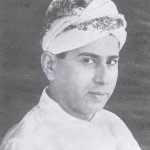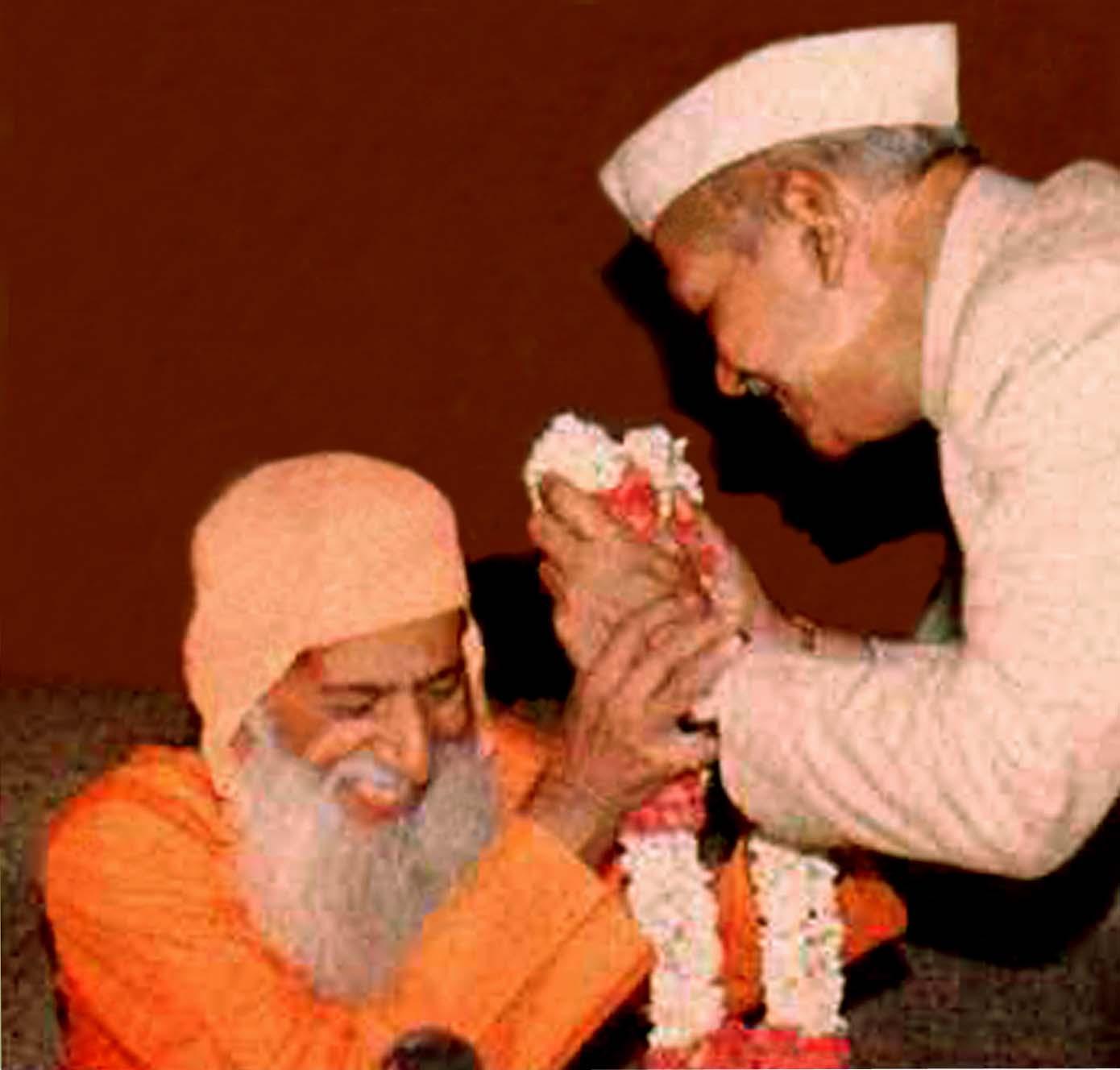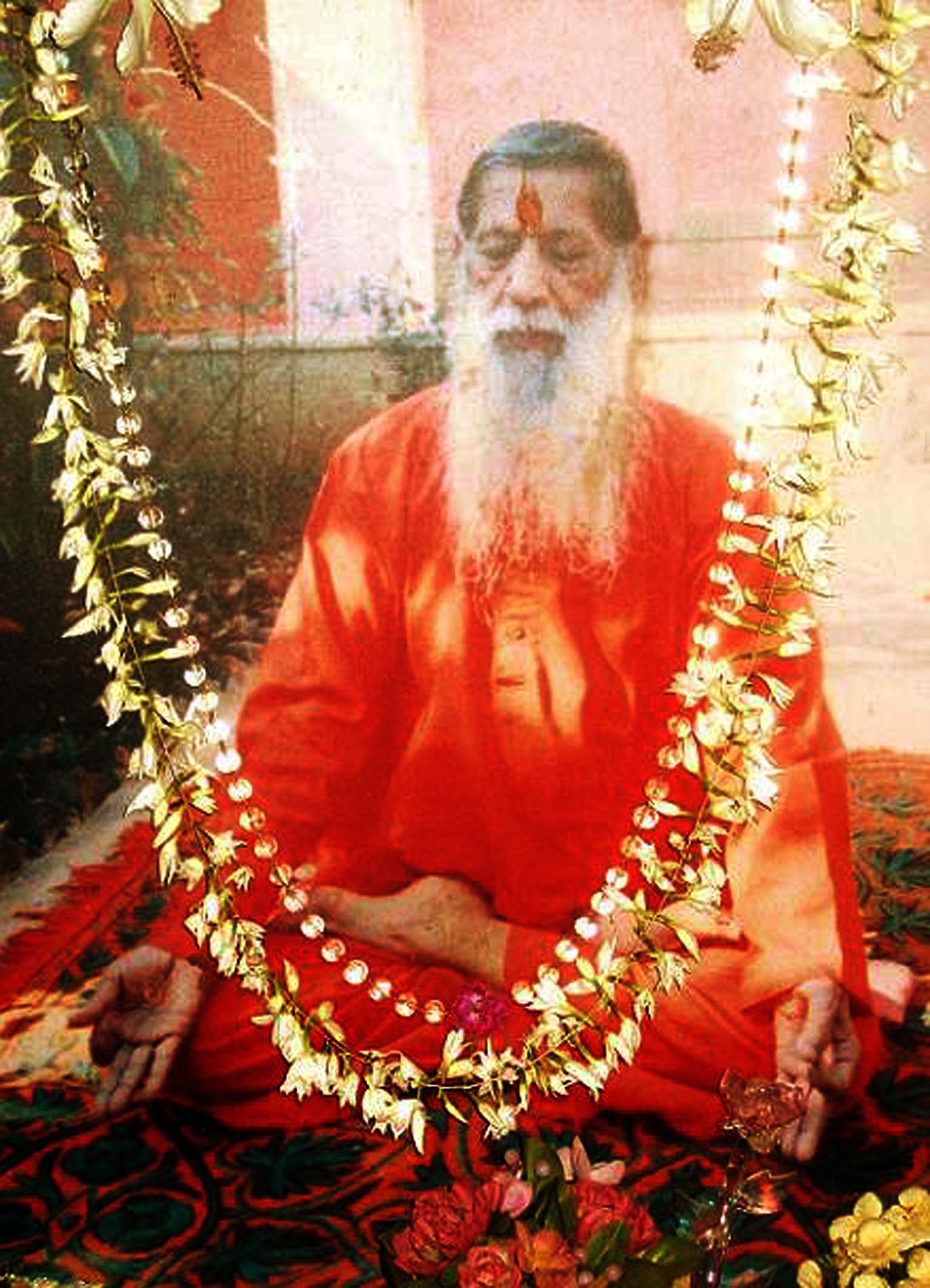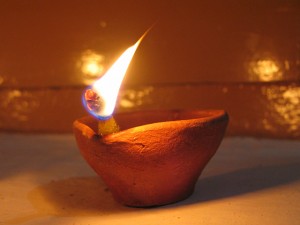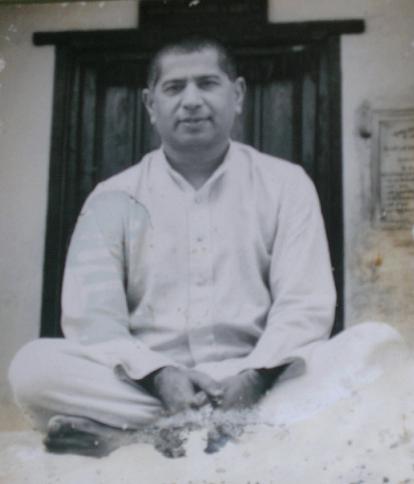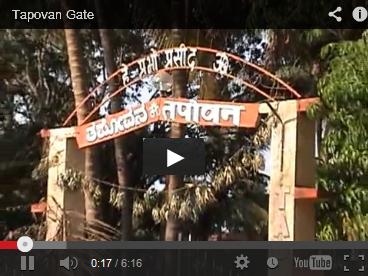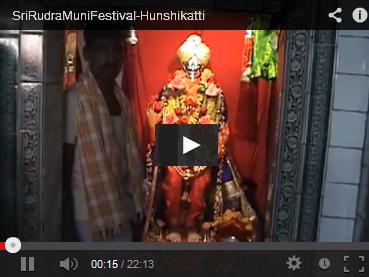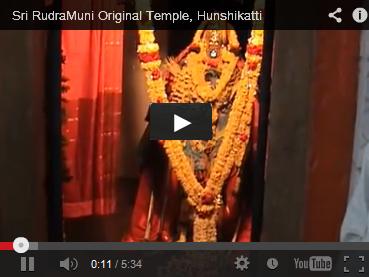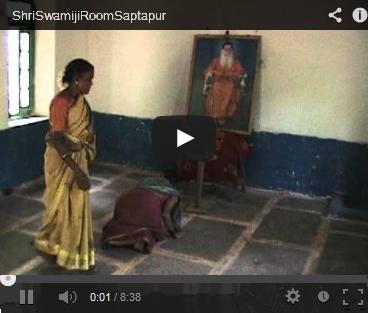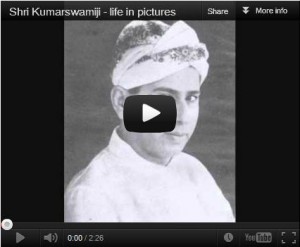The Vachanashastra is the fruit of deep meditation on nature – observation of many a Lingayata saint. It contains true sublimity, exquisite beauty, pure morality and fine strains of poetry. In whatsoever light we may regard the Vachanashastra, it is found to be a gold-mine and treasure-house of knowledge and virtue. The more deeply one works, the greater and more abundant one finds the ore. More light continually beams from this Scripture to direct the conduct and illustrate the work of God and ways of men. As all the Scriptures of the world, it teaches us the best way of living, the noblest way of suffering and the most comfortable way od dying. The importance and value of the Vachanashastra cannot be too greatly emphasized in these days of uncertainties, when men and nations are prone to decide questions from the standpoint of expediency rather than in the light of eternal principles.
The credit of having brought religion to bear upon everyday life of men goes to Basava. He lived to the practical side of religion and thereby set a sure example to the mass. To him, we owe the superb social structure of Veerashaivism raised on the basis of the practical philosophy of Kayaka or work. The entire Vachanashastra is a glorious monument to his supreme personality. The Vachanashastra preaches a socio-religious conduct of life as obtained from practical experience of life. All that we find therein is human endeavour for social and spiritual freedom that resulted in divine achievement, for it was sincere and unselfish. The vachana literature of the band of saints that flocked around the banner of the new movement unfurled by Basava was followed suit, and the result was the growth of similar Vachana literature during the post Basava period. The vachanas are said to be like Upanishads in poetic fervour and profundity of meaning. They are very telling, soul-stirring and unfailing in their effect. The vachana literature is voluminous. It is only now coming gradually to light and is being immensely appreciated by scholars as well as the laymen. Whoever turns over the pages of Vachanashastra can not but feel that it is original. It has an unparalleled freshness and vigour which no borrowed literature can ever have and exhibit.
“The Vachanas are current coins of Kannada literature. They are on the lips of the literate and illiterate alike. They are often set to music and sung in the literary conferences. They appeal to the learned because of the profundity of thought and to the laymen because of their simplicity of expression, meaning and appeal. Since Vachanas embody the pressing problems – social, philosophical, religious and economic – their educative value and importance will remain undiminished. The present agitation and demand for equality and female education were well tackled and put into practice by Basava and his colleagues in the 12th century without even a whimper. They appeal to mind very powerfully because they are intensely spiritual. In fact, they form a unique kind of literature in Kannada, inasmuch as the like of them are not found in any other Indian language. The sayings inculcate absolute morality and righteous behaviour in the devotee. They indicate that the Lingayats are no despisers of the world, nor of the daily avocations which one has to pursue to earn one’s daily bread, but enjoins righteous behaviour in all the vicissitudes of life, which ultimately results in complete unfounding of what is best and noble in man.”
The Vachanashastra is the fruit of deep meditation on nature – observation of many a Lingayata saint. It contains true sublimity, exquisite beauty, pure morality and fine strains of poetry. In whatsoever light we may regard the Vachanashastra, it is found to be a gold-mine and treasure-house of knowledge and virtue. The more deeply one works, the greater and more abundant one finds the ore. More light continually beams from this Scripture to direct the conduct and illustrate the work of God and ways of men. As all the Scriptures of the world, it teaches us the best way of living, the noblest way of suffering and the most comfortable way of dying. The importance and value of the Vachanashastra cannot be too greatly emphasized in these days of uncertainties, when men and nations are prone to decide questions from the standpoint of expediency rather than in the light of eternal principles. Scholars may quote great authorities in their studies, but the hearts of thousands will recite the Vachanas at their daily toil and draw strength through their motivation and inspiration as the meadows draw it from the brook. A widespread interest and admiration is displayed in the Vachanashastra nowadays by the Lingayata community. Mere interest or show of admiration without an insistent application of truth to life is as good as a pig in the flower garden. The Vachanashastra is to the Lingayata community what a star is to the astronomer, but if the community spends all its time in gazing upon it, observing its motions and admiring its splendour, without being led into its spirit, the use and intrinsic value of it will be lost to the community. On the whole, the truths of Vachanashastra have the power of awakening an intense moral feeling in every human being. They send a pulse of feeling of fellowship through all the domestic, civil and social relations and teach men how to love the right and hate the wrong. They seek each other’s welfare in the right sense of self-sacrifice but not in the shadow of enlightened self-interest. They control the baneful and bastard passions of the heart and thus make men proficient in self-government. Finally, they teach man to aspire after God and fill him (man) with hopes more enduring and purifying, exalted and comfortable to his nature so as to secure an intuition of the Supreme Being.
– OM SHANTI | OM SHANTI | OM SHANTIHI –
This article ‘Vachana Literature’ is taken from H.H.Mahatapsvi Shri Kumarswamiji’s book, ‘Prophets of Veerashaivism’.








